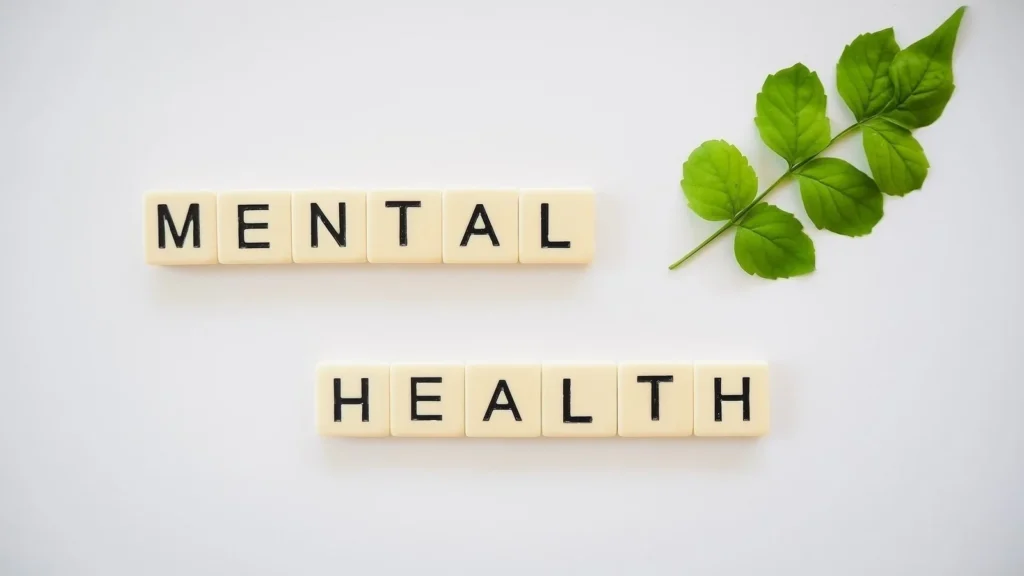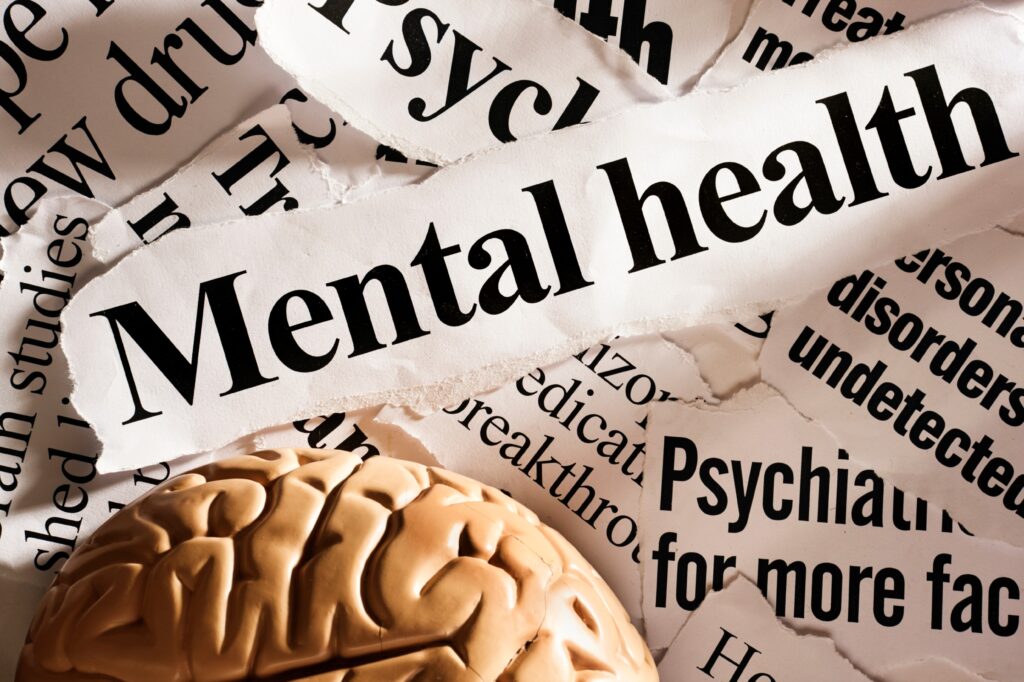Life can be stressful, and with all the demands of work, family, and technology, taking care of your mental health is more important than ever. Many people think self-care is a luxury, but it’s actually a necessity for staying happy and healthy. This guide will help you understand mental health and share simple self-care practices that can improve your well-being.
Mental health is about how you think, feel, and behave in daily life. It affects how you handle stress, relate to others, and make decisions. According to the World Health Organization (WHO), good mental health means being able to handle life’s challenges, work productively, and contribute to society. World Health Organization: Mental health: strengthening our response.
You must want to spend the rest of your life with yourself first.
Self-care means taking intentional steps to improve your physical, emotional, and mental well-being. It’s not selfish—it’s necessary. If you don’t take care of yourself, you may feel burned out, stressed, or anxious. Research shows that self-care can reduce stress and improve mental health. Journal of Clinical Psychology: The role of self-care in stress management.
Best Self-Care Practices
1. Practicing Mindfulness
Mindfulness means paying attention to the present moment without worrying about the past or future. It helps reduce stress and improve focus. Simple ways to practice mindfulness include:
- Deep breathing exercises
- Meditation
- Body relaxation techniques
Apps like Calm and Headspace can help you get started with mindfulness. Mindfulness: Mindfulness-based interventions in context.
Sleep is crucial for mental and physical health. Experts recommend 7-9 hours of sleep per night. To improve sleep:
- Stick to a consistent bedtime
- Create a relaxing bedtime routine
- Avoid screens (phones, TVs) before bed
National Sleep Foundation: How Much Sleep Do Adults Need?.
3. Eating a Healthy Diet
The food you eat affects your mood and brain function. A balanced diet with fruits, vegetables, whole grains, and protein can improve mental health. Foods rich in omega-3s (like fish and flaxseeds) are especially good for the brain. Academy of Nutrition and Dietetics: Smart Eating for Mental Health.
Exercise releases endorphins, which boost mood and reduce stress. The American Heart Association recommends at least 150 minutes of exercise per week. Great options include:
- Walking
- Jogging
- Yoga
- Dancing
American Heart Association: The Mental Health Benefits of Exercise.
Good relationships improve mental health. Make time for:
- Talking to friends and family
- Joining social groups
- Participating in activities with others
Having supportive relationships can reduce feelings of loneliness and stress. Social Science & Medicine: Social support and mental health: a synthesis and critical review.
Hobbies can help you relax and feel fulfilled. Activities like:
- Painting, writing, or playing music
- Gardening or crafting
- Reading or cooking
Doing things you enjoy can boost happiness and reduce anxiety. American Journal of Public Health: The Connection Between Art, Healing, and Public Health: A Review of Current Literature.
It’s important to say no when you feel overwhelmed. Setting boundaries helps prevent stress and burnout. For example:
- Limit work emails after hours
- Take breaks when needed
- Avoid toxic relationships
Focusing on the positive things in life can make you happier. Try:
- Keeping a gratitude journal
- Expressing thanks to others
- Reflecting on good moments each day
If you’re feeling overwhelmed, anxious, or depressed, talking to a therapist or counselor can help. Mental health professionals offer support and coping strategies.
Too much time on phones and computers can increase stress. To reduce screen time:
- Set screen-free hours
- Take regular breaks from social media
- Spend more time outdoors or doing offline activities
Building a healthy self-care routine takes time. Start small and be consistent. Here’s how:
- Choose 1-2 self-care activities to focus on.
- Set realistic goals (e.g., “I will walk for 10 minutes every day”).
- Adjust your routine as needed.
- Be kind to yourself—self-care is a journey!
By prioritizing mental health and self-care, you can feel better, manage stress, and live a more balanced life. Start today and take small steps toward a healthier, happier you! 😊




